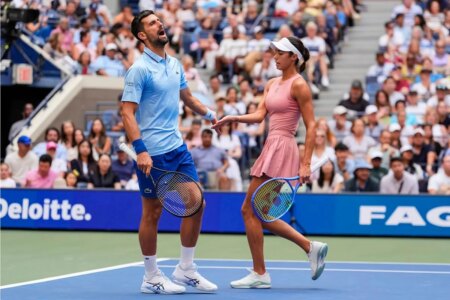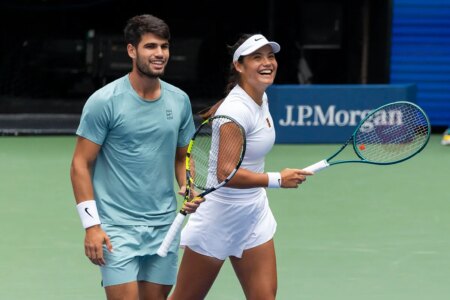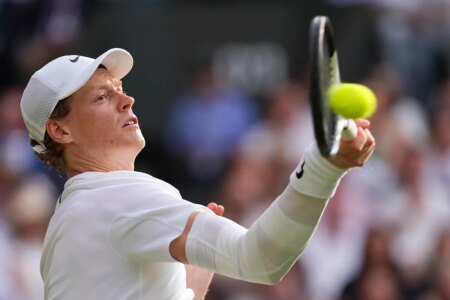Iga Swiatek’s triumph at the 2025 Cincinnati Open was a landmark moment in her tennis career. She clinched her first title at this prestigious event by defeating Jasmine Paolini in straight sets, 7-5, 6-4.
Swiatek’s dominant performance throughout the tournament reaffirmed her status as one of the sport’s leading stars. However, beyond the celebration of her victory, her success has reignited discussions about a persistent issue in professional tennis – the disparity in prize money between male and female players.
Despite the high profile of the Cincinnati Open, the financial rewards for male and female champions were far from equal. Carlos Alcaraz, who claimed the men’s title, earned a substantial $1,124,380. In contrast, Swiatek’s winnings amounted to $752,275, a significant difference that has drawn criticism and sparked debate among fans, players, and advocates for gender equality in sport.
This discrepancy was notably highlighted by fellow WTA player Eva Lys, who publicly shared the prize money figures on social media. Lys’ post, aimed at drawing attention to the unequal pay, prompted a wave of responses.
Unfortunately, some of the feedback from male users was hostile, with Lys referring to this as backlash from “triggered men.” Despite this negative reaction, Lys emphasized the importance of supporting women’s sports and called for more equitable treatment of female athletes.
She also mentioned the influence of her father, a supporter of gender equality in sports, which further underscores the personal nature of the fight for fairness.
The broader issue of prize money disparities
While the Grand Slam tournaments have made significant strides by offering equal prize money to men and women, this level of parity is not mirrored across many other events.
Many ATP and WTA tournaments, including the Cincinnati Open, continue to award unequal prize money. Swiatek has been vocal about this injustice, urging tennis governing bodies to adopt fairer compensation policies. She argues that both male and female players contribute equally to the popularity and commercial success of tennis and, therefore, deserve equal financial recognition.
This ongoing inequality is symptomatic of deeper systemic challenges within the sport. Addressing these imbalances requires not only changes in tournament prize structures but also a shift in societal attitudes, sponsorship commitments, and media representation.
Governing bodies, sponsors, and the tennis community at large have a responsibility to promote fairness and ensure that all athletes, regardless of gender, receive equitable treatment.
As Swiatek continues to build her legacy on the court, her advocacy for gender equality remains just as impactful as her athletic achievements. Her success and outspoken stance inspire both current and future generations of athletes to push for a more just and inclusive sporting world.
Read the full article here











